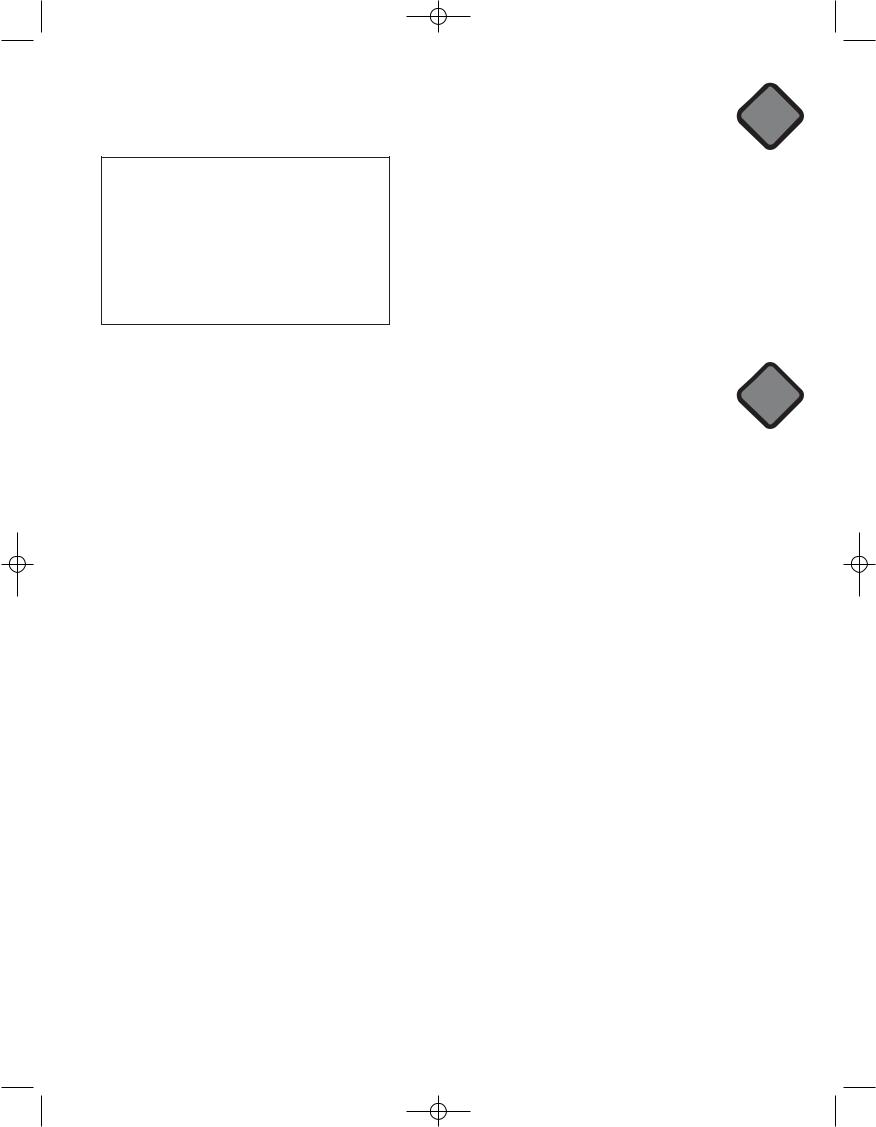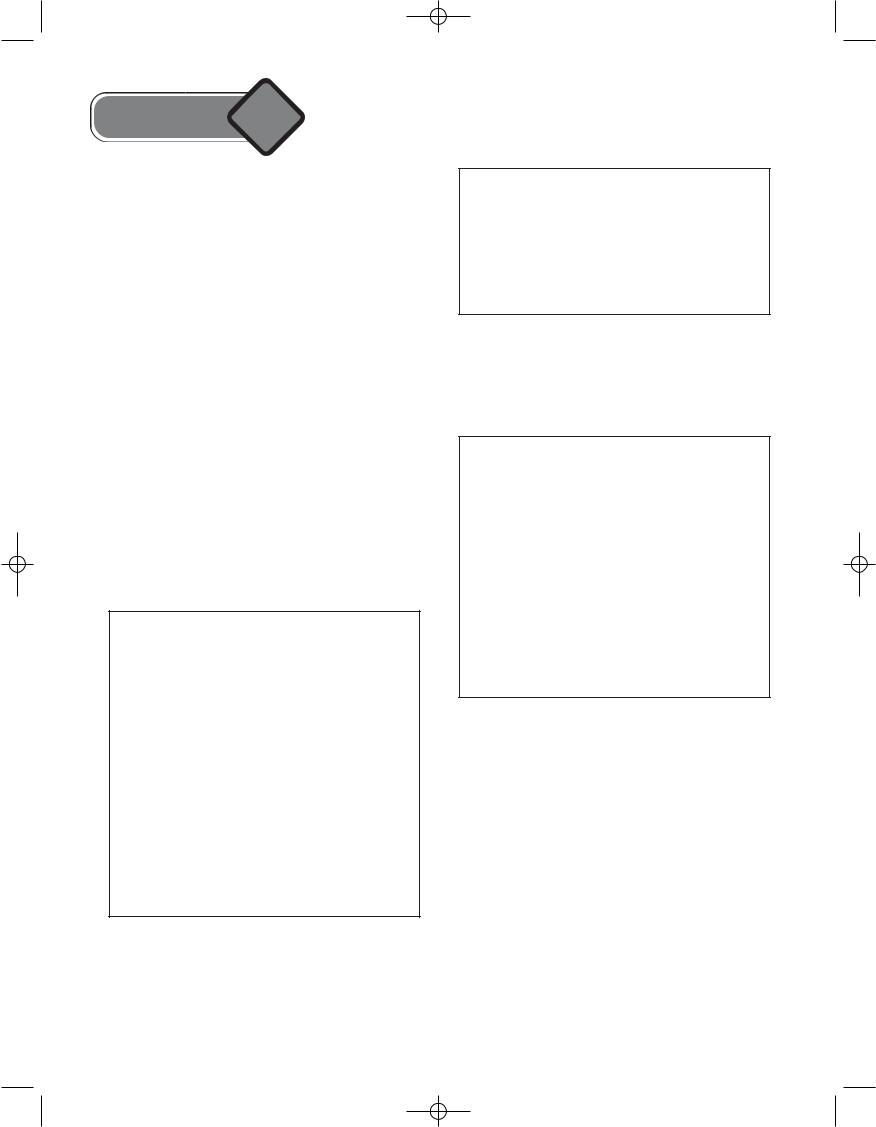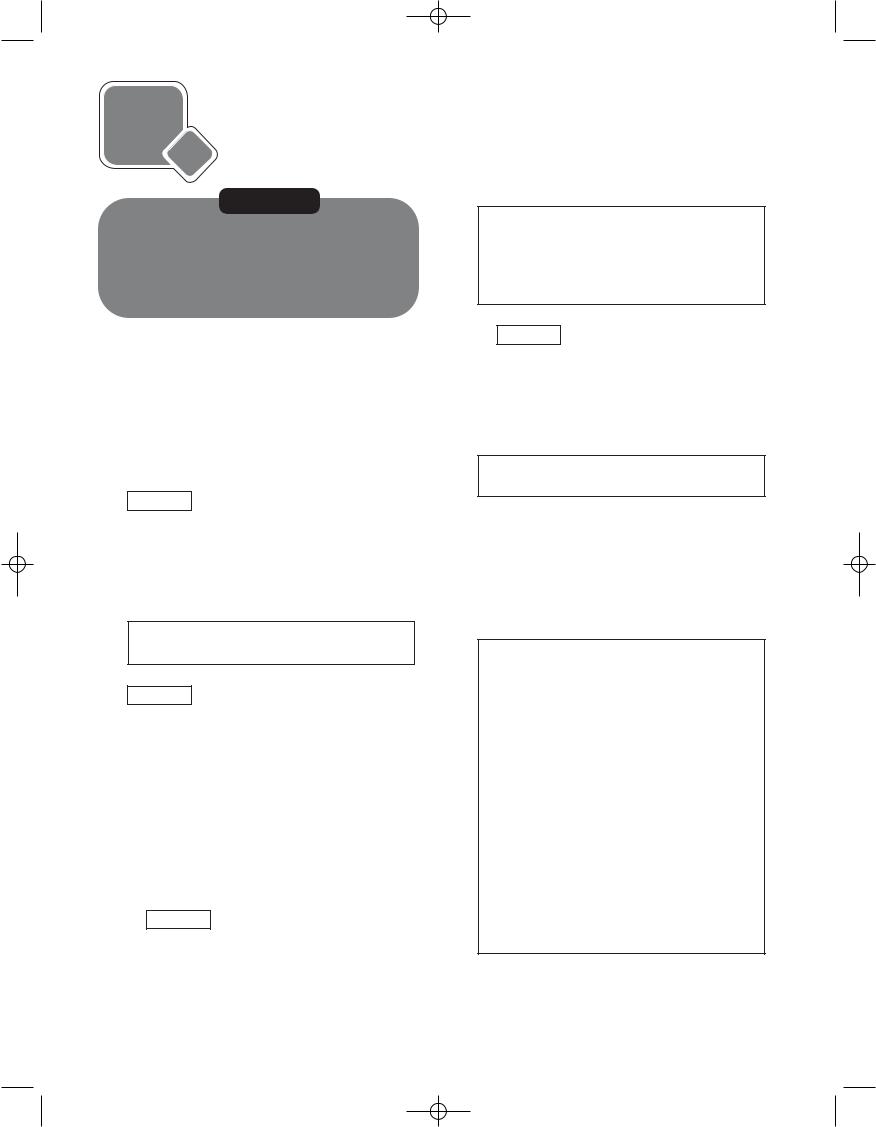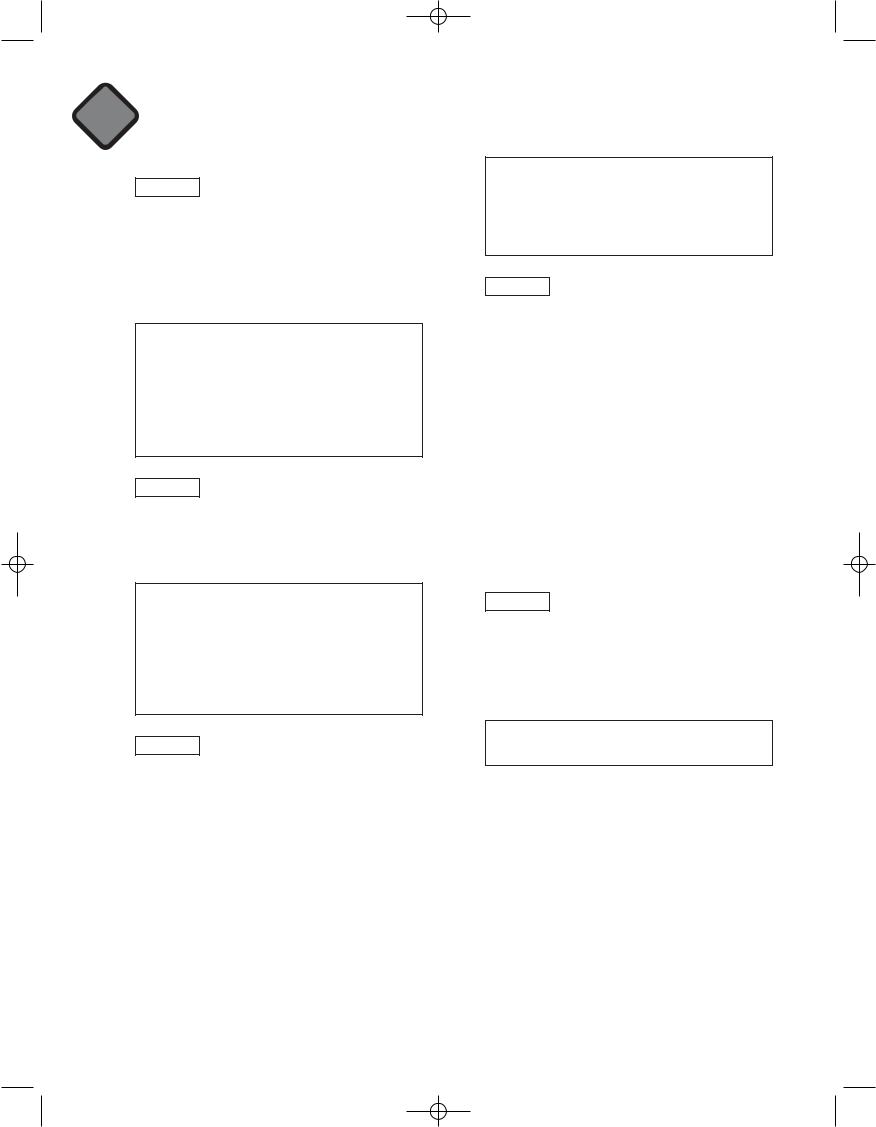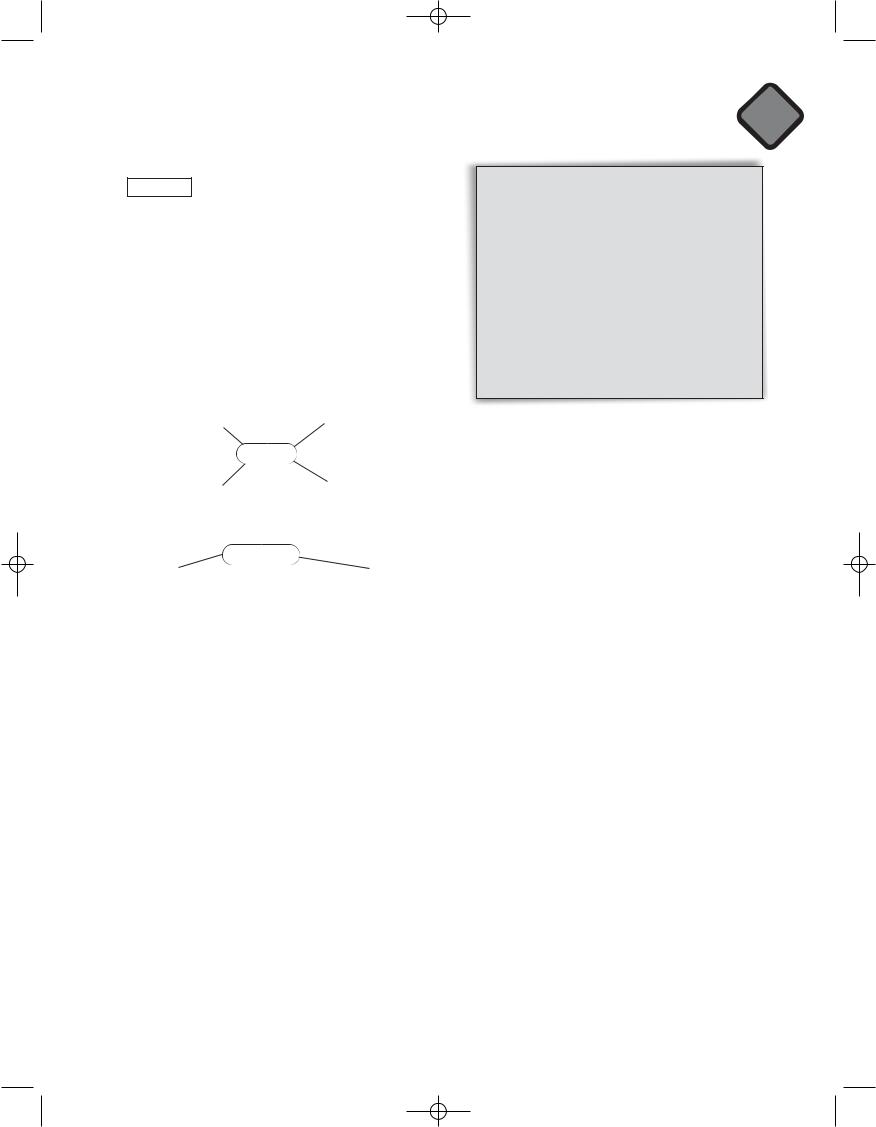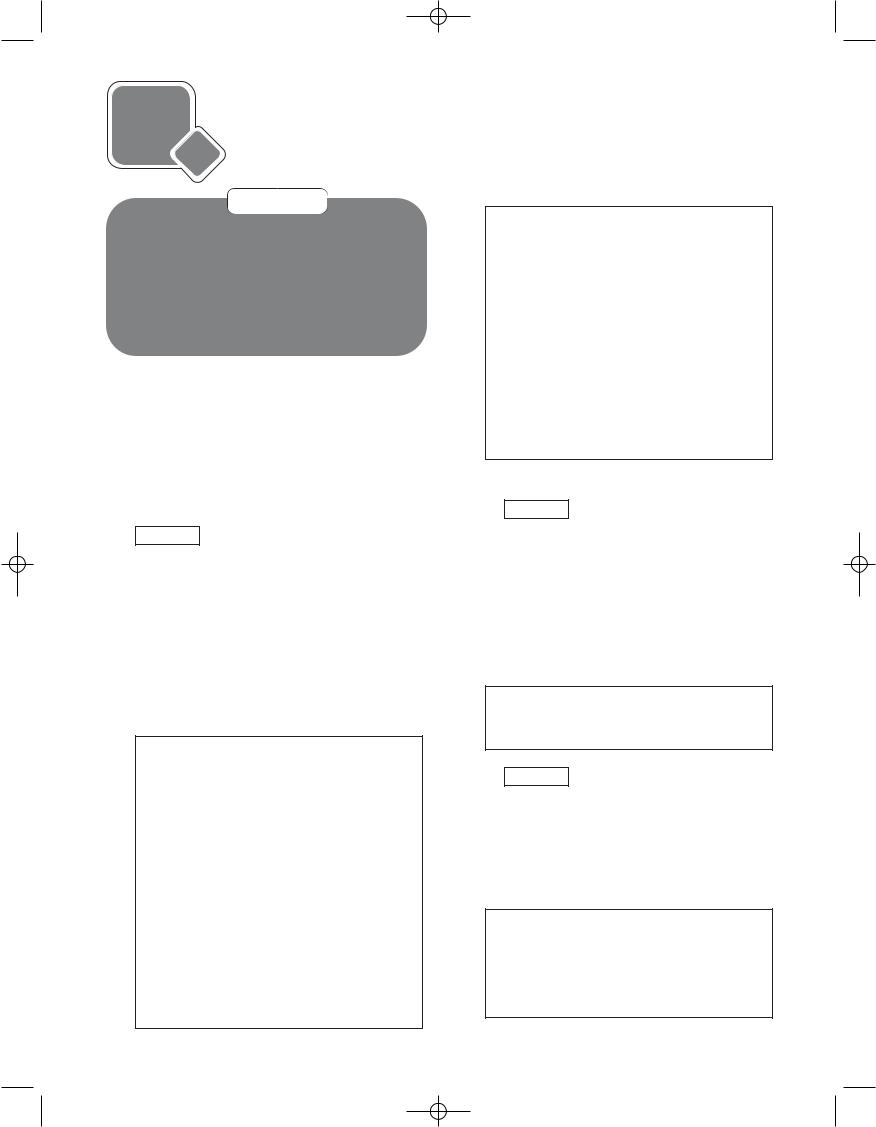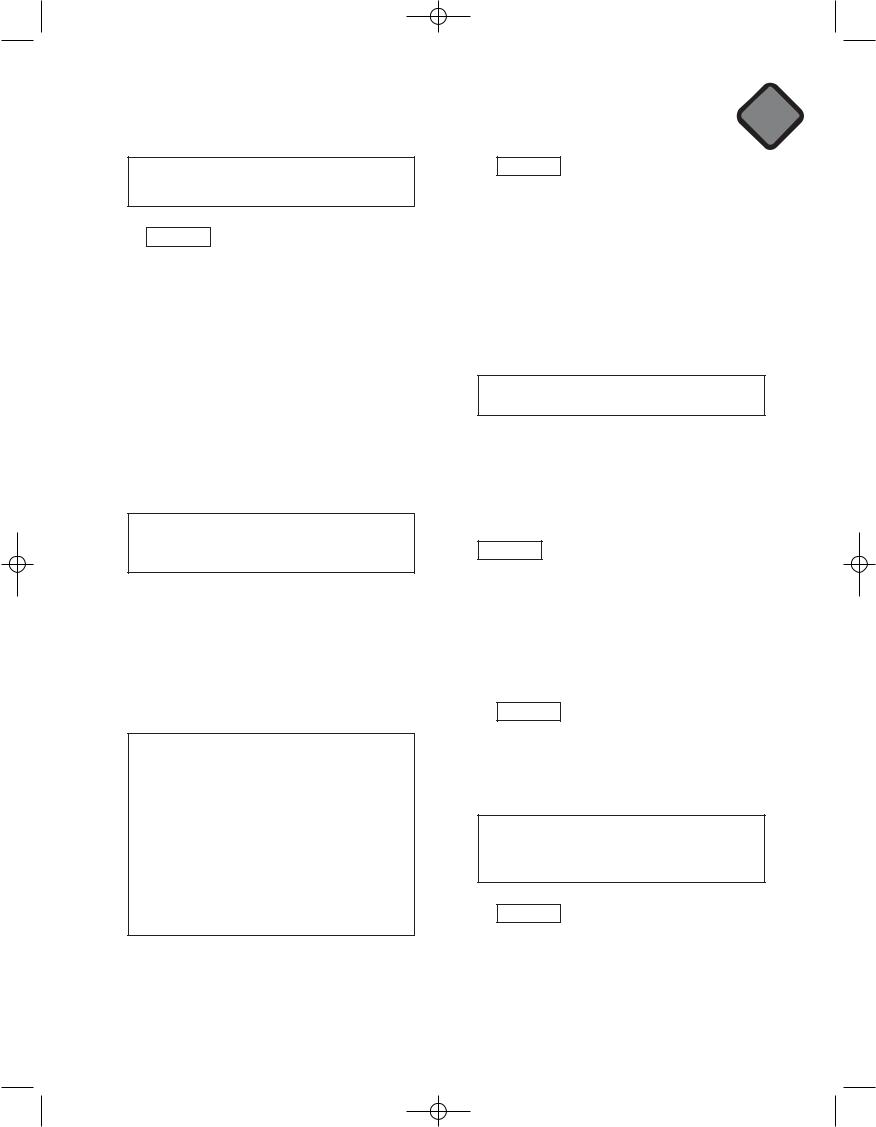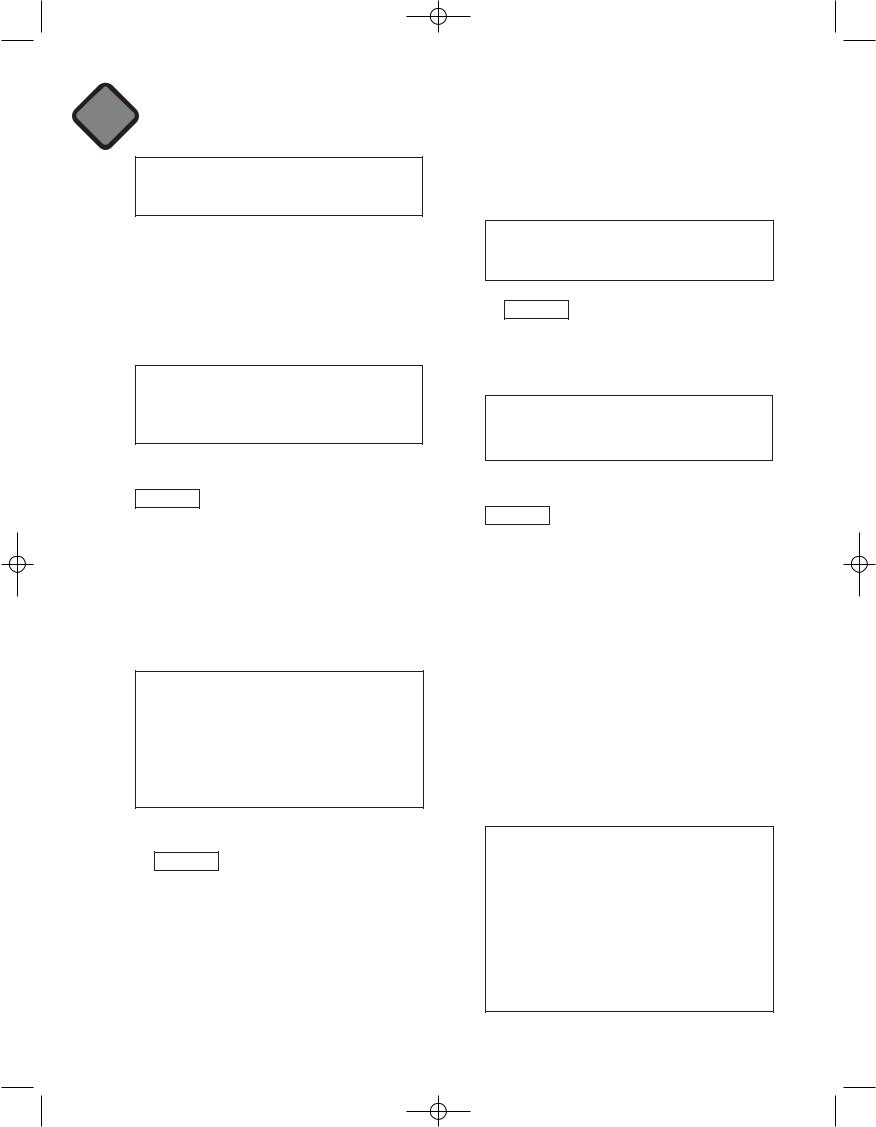
Sportlight_7
.pdf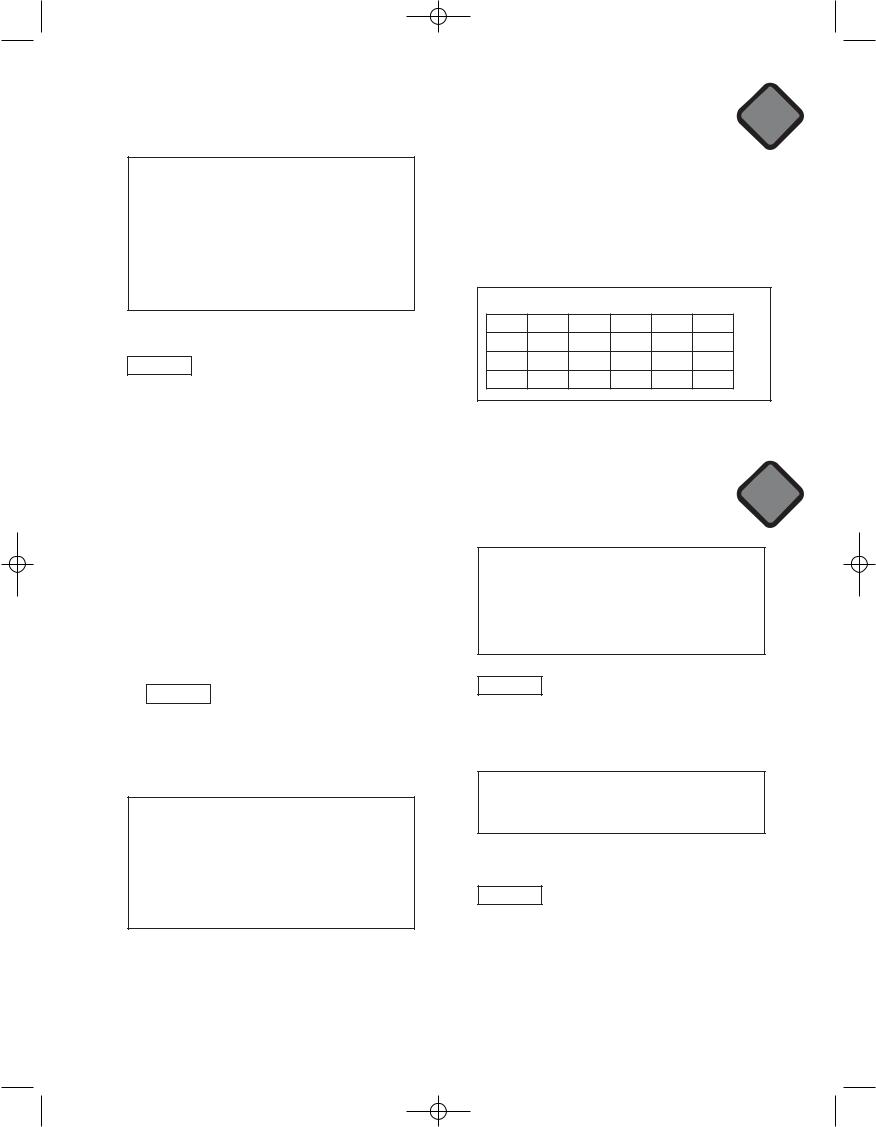
Spotlight 7 ts Mod 09 12-09-08 15:02 Page 131
Suggested Answer Key
A:Here’s my present. I hope you like it.
B:Fantastic! I’ve always wanted gloves like these and they go with my new coat.
A:I’m glad you like them. Are they your size?
B:Oh no. They’re too small.
A:That’s all right. You can exchange them.
B:Thanks. They’re really great.
Pronunciation
4Focus Pronouncing /s/, /z/
Draw Ss’ attention to the phonemes chart in the appendix. Ask them to find the two symbols. Pronounce the sounds slowly and clearly.
English in Use 9
Demonstrate where your tongue, teeth and positioned for the sound. Ss listen and sounds with the class. Read the rubric and the task. Play the recording. Ss listen and correct boxes. Ss compare answers. Allow to find two more words. Check Ss’ correct any mistakes.
Suggested Answer Key
|
/s/ |
/z/ |
/s/ /z/ |
face |
|
please |
|
phase |
|
dice |
|
police |
|
raisin |
|
Introduction
Ask Ss to look at the title, Citizenship, and the picture. Elicit/Explain the meaning of the title (the rights and responsibilities of belonging to a community). Ask them to predict what type of vocabulary they will see in the unit.
Extensive Reading |
9 |
Suggested Answer Key
I would say: It looks cool! It was a offer./It’s good quality; although I like fashion, I’m not a fashion victim. I try to the things I need at a reasonable price.
Reading & Listening
1 a) Focus Stimulating interest in the topic
Initiate a class discussion on the topic of shopping and elicit related vocabulary (clothes, gadgets, food, shops, etc.). Write useful vocabulary on the board. Correct Ss’ answers as necessary.
Answer Key
I went shopping last weekend. I got some new summer shoes and a swimsuit. I also got a present for a friend’s birthday, I got her Anastacia’s new album. My mum took me to a large department store because we needed to buy a lot of stuff so it was easier that way.
b)Read the rubric and draw Ss’ attention to the sentences. Allow Ss time to choose which sentences they might say. Elicit answers and explanations from around the class.
2Focus Listening and reading for gist
Draw Ss’ attention to the title of the text and the rubric and elicit the topic. Play the recording as Ss check their answers.
Answer Key
It is about how to make better choices when shopping.
Speaking
3Focus Talking about shopping and how to
make better choices
Explain the task and allow Ss time to make lists of the things they have bought this week. Then ask Ss to swap lists. Ss ask and answer questions with each other based on the questions in the rubric. Ask pairs around the class to report their discussions.
131
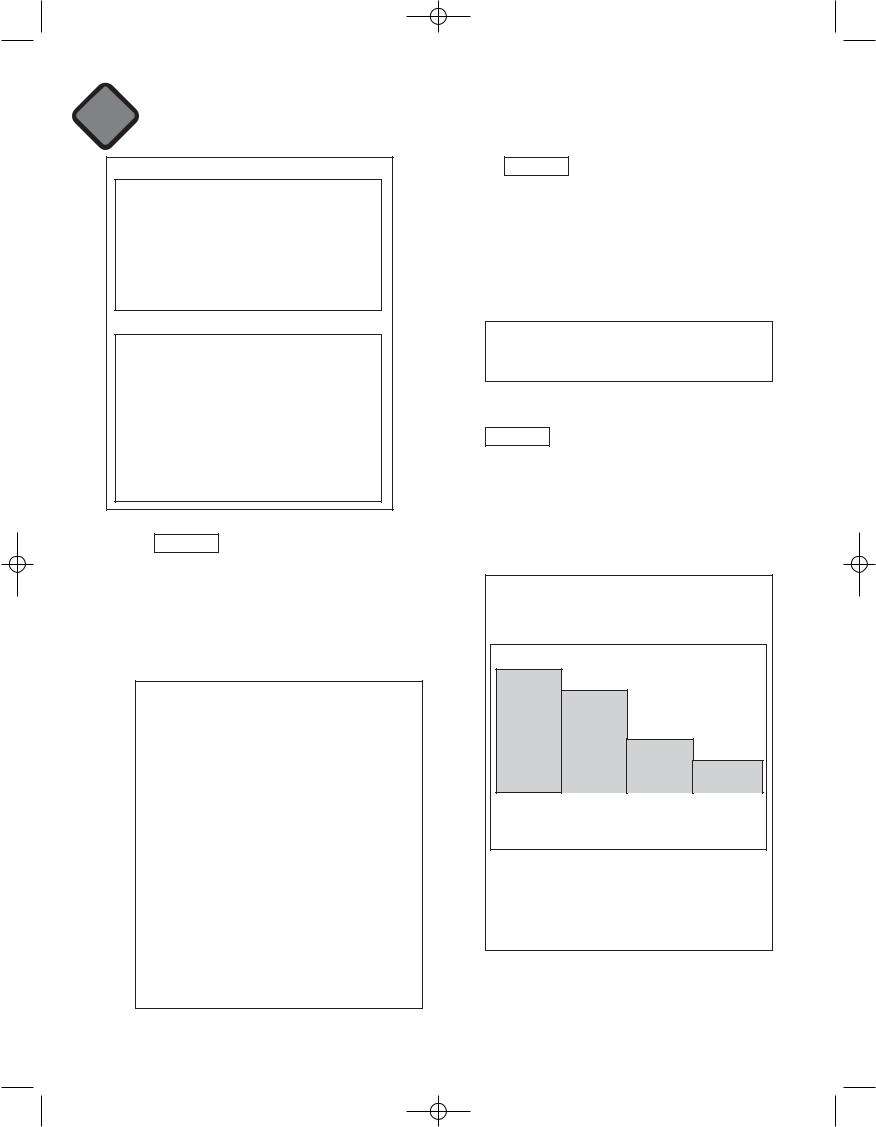
Spotlight 7 ts Mod 09 12-09-08 15:02 Page 132
9 |
Extensive Reading |
Suggested Answer Key
Last week’s shopping
a couple of notebooks (with plastic covers) a box of 12 pencils
an English story book
a present for a friend (a top) a card for my mobile
a video game
Advice: You should buy recycled notebooks or ones that support charities like UNICEF. You should get a mechanic pencil, that way you help the environment.
You should swap or share video games with your friends.
You should make your own presents. It’s more fun and your friends will appreciate the effort.
Focus Building vocabulary
Ask Ss to explain the meaning of the words in bold without the use of a dictionary, i.e. they can use synonyms, paraphrase, etc. Elicit/ Explain the meanings and write them on the board. Ss should copy the words into the vocabulary section of their workbooks.
Answer Key
fit in (ph v): be accepted as part of a group stuff (n): things
affects (v): has an effect on sth power (n): ability
e-card (n): an electronic greeting often including an image that is sent via the Internet rechargeable (adj): sth like a battery that can have electricity put back into it and be used again
swap (v): exchange
natural resources (n): land, forests and energy sources found in nature
labels (n): pieces of paper or plastic that are attached to objects to give information about them
a good cause (exp): sth like a charity that benefits others
b)Focus Using words often confused
ñElicit/Explain the differences between the three words (match - same colour; suit - look good on a particular person / in a particular place; fit - be the correct size).
ñExplain the task and allow Ss time to complete the sentences in pairs. Check answers from around the class.
Answer Key |
|
|
|
|
|
1 |
suit |
3 |
fit |
5 |
match |
2 |
match |
4 |
fits |
6 |
suit |
Project
5Focus Conducting a survey and presenting
the results
Explain the task. Allow Ss time to complete the task in class. Go around the class monitoring Ss’ work and helping with any difficulties. Check Ss’ work and give feedback. Alternatively, you can assign the writing of the survey results for HW.
Suggested Answer Key
Survey September 5th – 12th on Form E’s shopping choices
70% |
|
|
|
|
60% |
|
|
|
|
35% |
|
|
|
|
25% |
clothes – |
non |
video |
Accessories |
designer |
recyclable |
games & |
|
labels |
stationery |
CDs |
|
70 percent of the class spent a lot of money on clothes, especially designer clothes. Most of the class said they bought clothes because they looked cool and some because they needed them.
132
